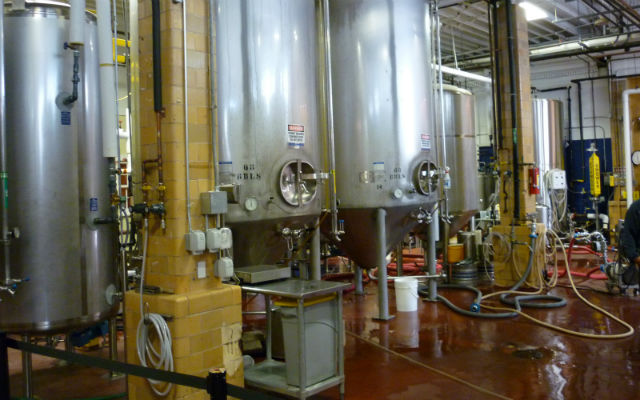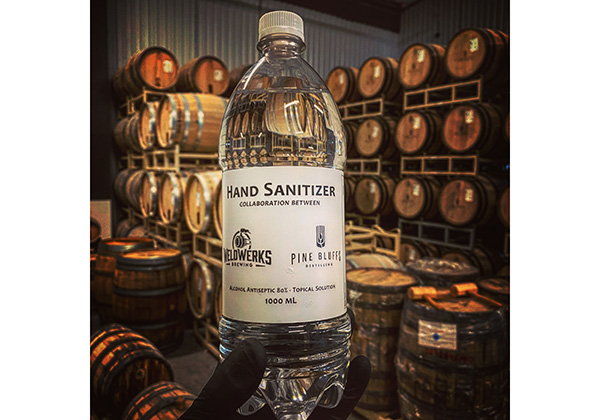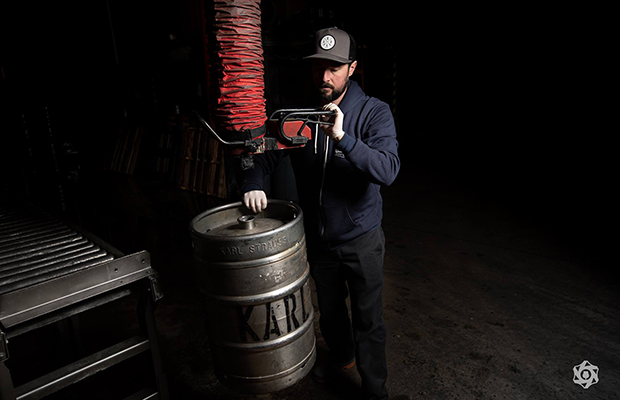
You are not alone in feeling overwhelmed by today’s growing craft beer market, but there is still significant growth to be had, you just need to be strategic with your business plans. Defining your brewery sales and marketing plans from a creative and strategic position is one the most effective ways to work smarter, and the concept of the PLC (product life cycle) is a simple business strategy that can assist.
The PLC (product life cycle) describes the life of your product from development to decline. It exists to help businesses make decisions about promotions, budgets, pricing, innovation, packaging, sales, distribution, and growth in their specific industry. Depending on which phase your brewery falls in the PLC, your business goals, strategies and activities will look quite different.
There are four phases of the PLC. Each phase has its own unique challenges and therefore, its own sales and marketing focus. Determining your brewery PLC phase will steer you towards strategic decisions about how best to promote your craft brand.
- Introduction Phase: your brewery has either just opened or has been operating for a few years. Focus in this phase is all about building brand awareness and encouraging customer trial. Brand priorities include getting the word out about your brewery to target consumers and persuading them to physically try your beers. Sales and marketing activities should include: launching an informative website, creating branded social media channels, driving traffic to your taproom, and generating brand buzz through press releases.
- Growth Phase: sales are increasing, brand awareness is moderate, but competition is starting to pose a threat. Focus in this phase should be to reinforce your brand presence in the market, so that your customers continue to choose your brand over others. Sales and marketing activities should include: solidifying your branding to maintain consistency, daily social media presence with emphasis on engagement, monitoring your online reputation, providing outstanding customer service in your taproom and brand support for retail buyers, participation in local festivals, hosting special events, local advertising, and getting strategic with your sales tactics. This phase is where you need to dominate your backyard.
- Maturity Phase: sales are starting to stagnate and your market is saturated with competition. This phase is where breweries resort to competing on price (please don’t do this, craft beer is not a commodity). Your focus here should be on differentiating your brand from your competitors. Sales activities should be centered around adding SKUs or volume to key accounts, and prospecting for new business in underutilized market segments. Business practices should be evaluated for maximum efficiency. Sales and marketing activities should include: expanding distribution, nurturing key accounts, promoting new products or new uses for your beer, starting a loyalty program, building your email list, strategic advertising, and creatively promoting your brand in the retail channel that reinforces consumer experience and your unique selling propositions.
- Decline Phase: sales are not great and loss of brand interest is obvious, but this doesn’t mean the end of your brewery if you can approach it strategically, which means you need to totally rework your business and production plans. Sales and marketing activities could include: a total brewery rebrand, relaunching a marketing campaign centered around new products, amping up promotional events and beer trials in retail with new branding or product innovations, and targeting sales towards new market segments.
Ready to learn more about how strategic business practices can help you grow your craft brand? Not Your Hobby Marketing Solutions offers training programs and customized coaching services for craft breweries that want to increase their beer sales, improve their brewery marketing, effectively manage their teams, and create profitable relationships with their distributors. Convenient learning options like digital courses make training options more accessible than ever, and customized coaching solutions can also be built from the ground up to best serve the needs of your unique brewery team. Head over to www.notyourhobbymarketing.com for free resources to help you with your beer business and to learn more about training options.





Be the first to comment